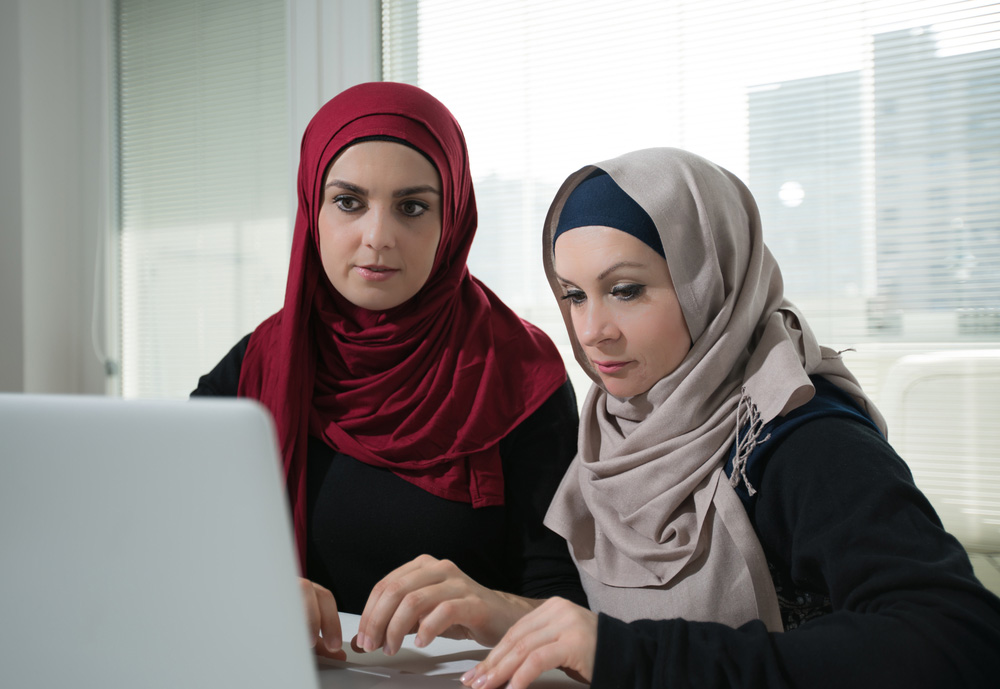
Following months of landmark decrees aimed at supporting Saudi Arabian women’s increased participation in the Kingdom’s economic development, there has been a surge in the number of women joining the workforce across industries. Today, these efforts have led to a significant 8.8 percent increase in the number of Saudi female employees within the private sector this year. As reported by Saudi Arabian newspaper Aleqtissadiya, the number of Saudi women in the work force at the end of the second quarter of this year increased to over 593,000, accounting for 6.3 percent of employment in the private sector.
In an earlier article this year by Gulf News, the Kingdom’s Ministry of Labour and Social Development reported that the number of Saudi Arabian women working in the private sector had increased dramatically – by a whooping 130 percent – in the last four years. “From 215,000 in 2012, the number of women in the private sector jumped to 496,000 in 2016, an average of 8,500 jobs per month,” and is now at 593,400 this year.
The Saudi government has been working diligently on creating more job opportunities for women across the country, an objective that falls under the Kingdom’s Vision 2030, an ambitious plan for Saudi Arabia’s future that aims to diversify its oil-dependent economy. Through strategic goals that support economic empowerment and self-reliance, the Kingdom hopes to increase the number of Saudi Arabian women in the workforce from 22 percent to 28 percent by 2020, and to 30 by 2030. In addition, its Ministry of Labor has launched a series of initiatives within the National Transition Program to address the high unemployment rate across the country.
From rescinding the decades-old ban on female motorists to appointing women in key leadership positions, many recent changes across Saudi Arabia have contributed to further strengthening its women, supporting their progress and prosperity, and enhancing of their participation in all fields. The wave of reforms that the Kingdom have been witnessing since the ascension of Crown Prince Mohammed Bin Salman are part of Vision 2030.

















